Author: Pier Stamatogiannis
-
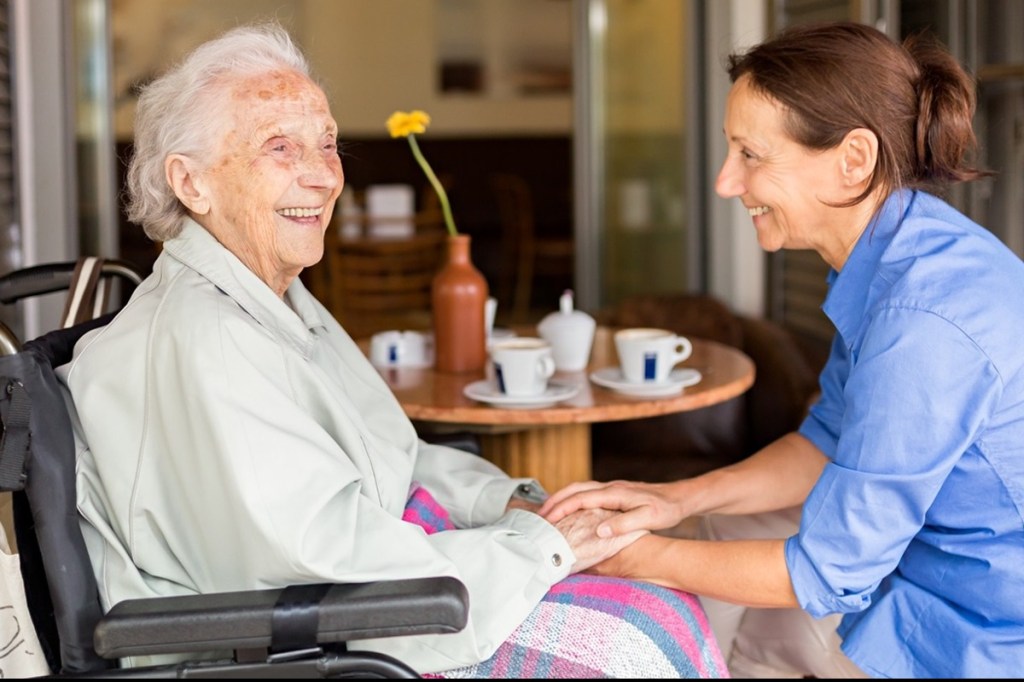
We need to do better for our older Australians: here’s how
There are more than half a million people aged 85 years or older in Australia, and this number is growing every year. Consequently, there are significant issues surrounding care for people living with dementia; this includes how care is delivered and workforce capability. On top of this, fit-for-purpose aged care facilities require ongoing and complex…
-
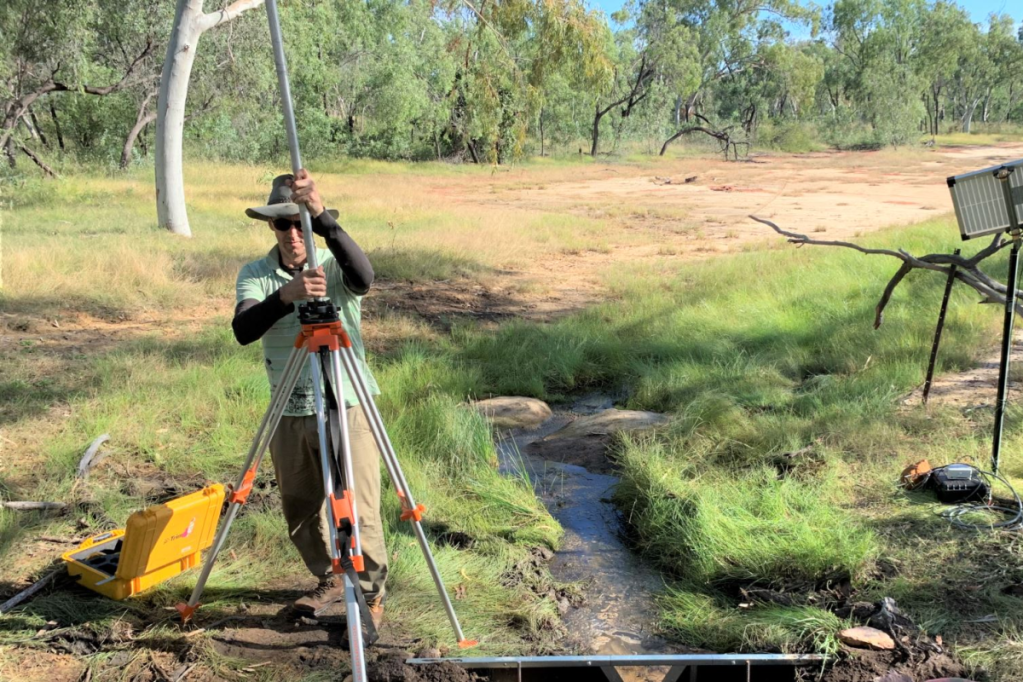
Making sure Australia’s groundwater is secured for generations to come
Imagine not having enough water to drink, to take a shower, or to grow food that feeds the country; imagine if supermarket shelves ran empty again, reminiscent of the COVID-19 pandemic. That could become the reality if Australia’s groundwater supplies aren’t managed properly. Fortunately, research from Flinders University is assessing how our groundwater supplies will…
-
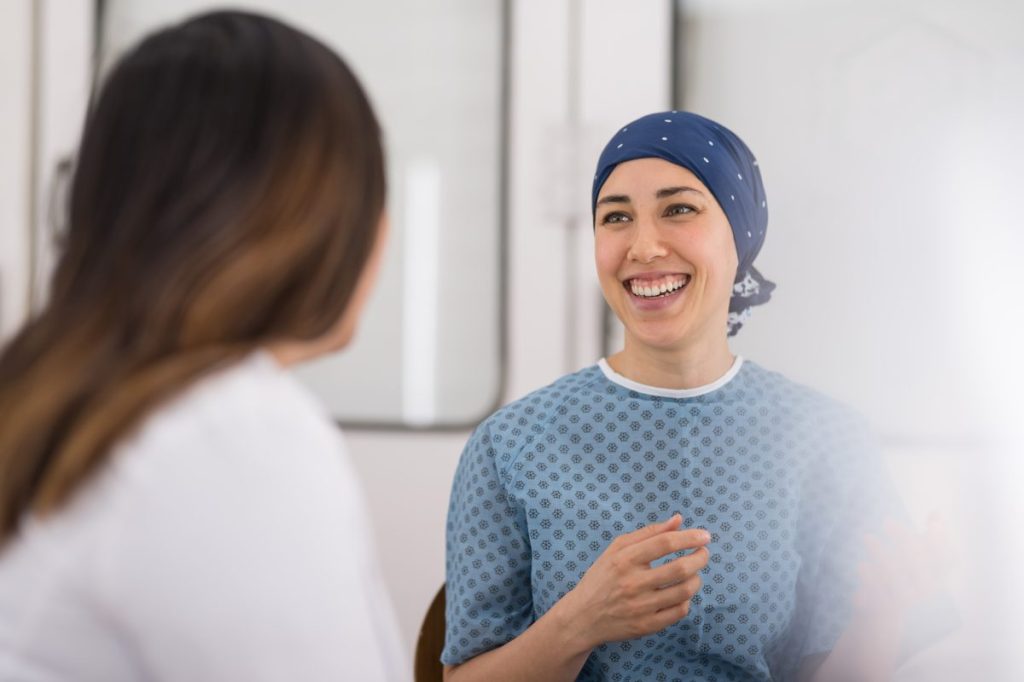
‘I lost my sense of self and purpose’: How we can change cancer patient treatment and care
Cancer is more than just a disease – it’s a life-altering experience that affects millions worldwide. At 37, Monique Bareham discovered a lump on her breast; she had no family history of breast cancer, but instinct urged her to seek medical attention. In just a few days, she underwent a mammogram, biopsy and received a…
-
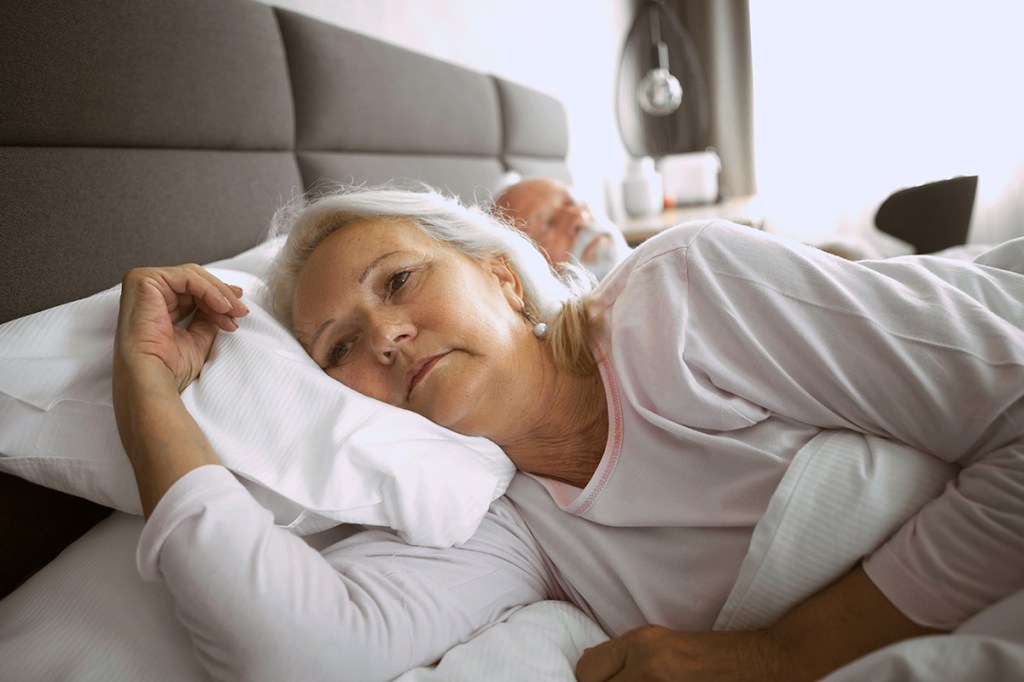
Can’t sleep? This research might have the answer
Sleep is an elusive concept for many Australians who are suffering from clinical sleep disorders such as chronic insomnia and sleep apnoea. Research from Flinders University shows that only 15 per cent of people get the recommended 7-to-9 hours of sleep for five or more nights each week. “Inadequate and irregular sleep patterns are associated…
-

Space exploration, online interference, AI: Safeguarding our cybersecurity
When it comes to how we communicate, we’ve come a long way from the humble telephone. Today online communication tools for business are crucial. And it’s crucial those communications work seamlessly. Everything from satellite navigation systems and emergency services radios to remote sensing in hospital intensive care units, all rely on the clear transfer of…
-
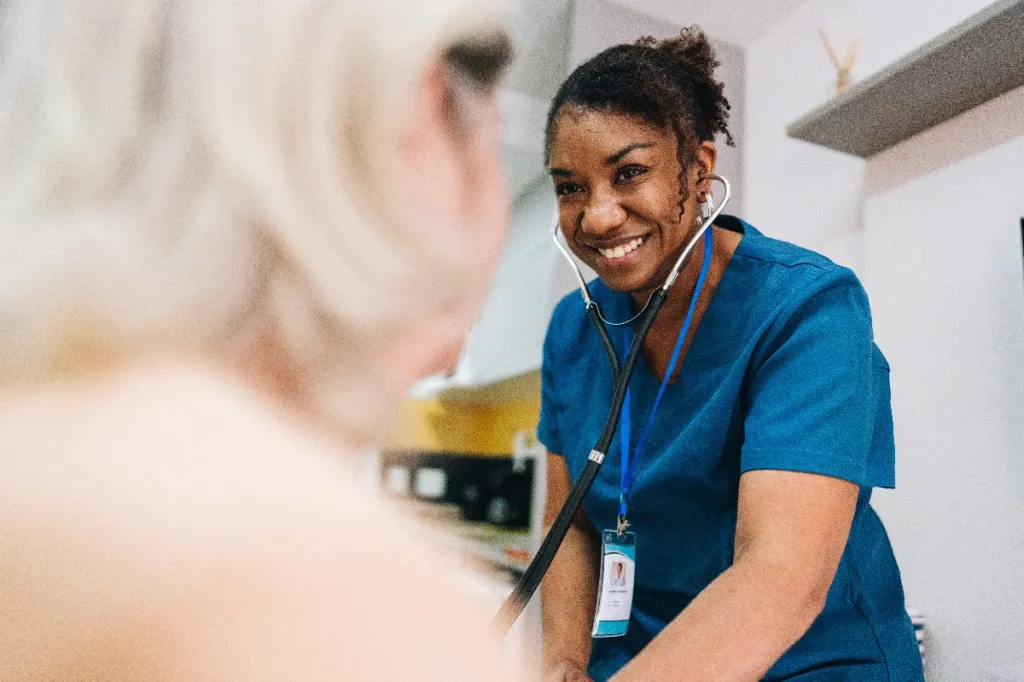
This is how we can improve a healthcare system under strain
Full-time university student, Emma suffers from chronic gastrointestinal and menstrual issues. With limited finances, she says she recently stopped going to the general practitioner (GP), which had become too costly for her. “There were about four months at the back end of 2024 where I didn’t book in another specialist and I didn’t go to…
-
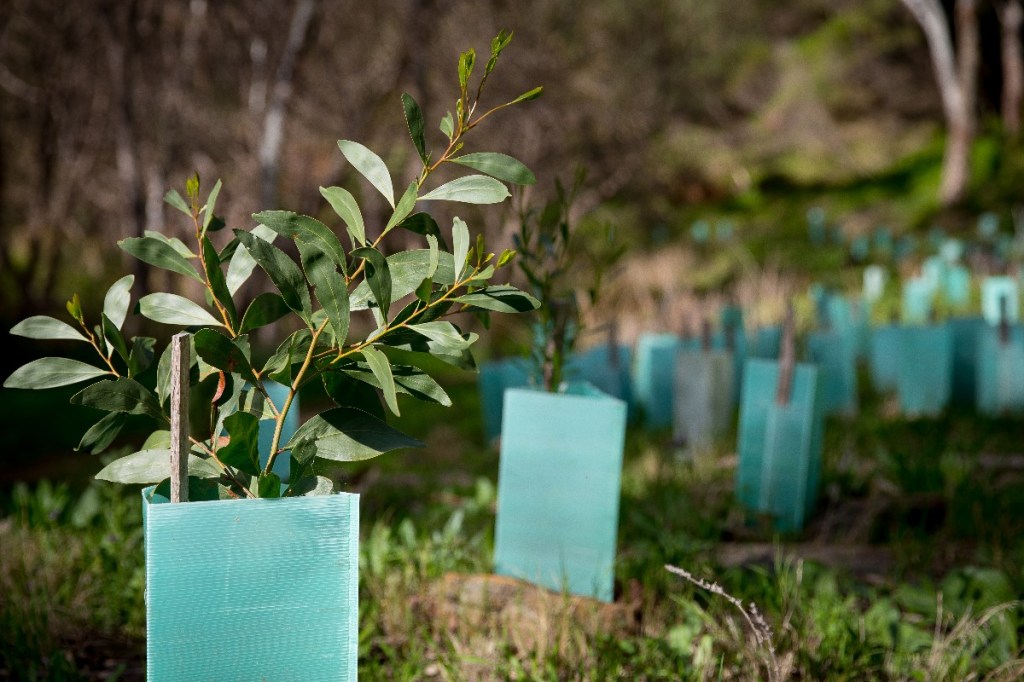
Worried not enough is being done to tackle climate change? These innovations are here to help
In a world where environmental challenges, like climate change, are becoming increasingly urgent, many Australians are wondering what the world is going to look like for future generations. When 30,000 Australians took part in the Flinders Wicked Problems Report, 23 per cent of South Australians identified the environment as a real concern for them. Surrounding…
-
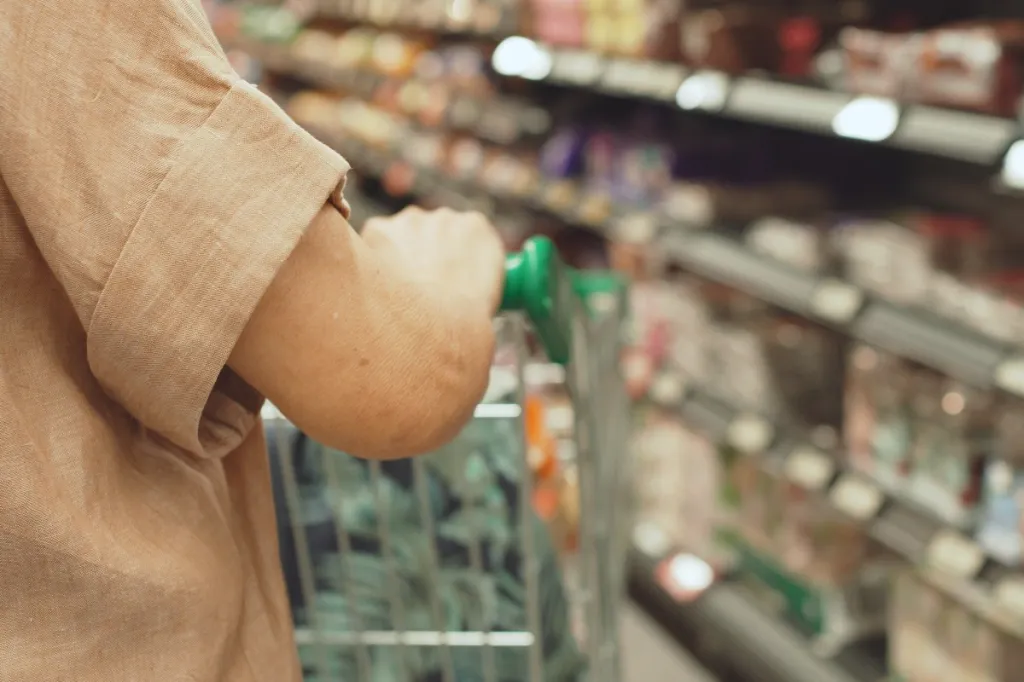
‘We went from one extreme to the other’: Families turning to food relief as cost-of-living rises
The first time *Andrew and his family had to use the services of Foodbank, he says he felt a sense of guilt about accessing their help. “We went from one extreme to the other so I felt a bit of guilt at the start, thinking ‘should we really be doing this?’” Andrew says. “But you…
-
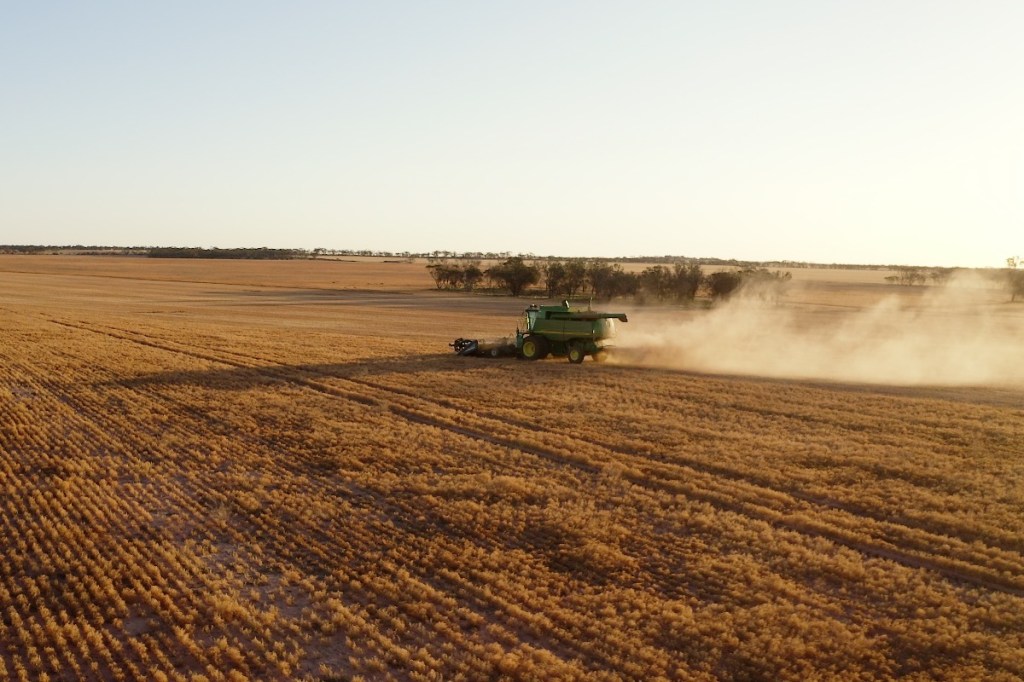
Life in an AgTown in 16 images and one video
The images featured here are of Burra, Kimba and Penola – towns that all made it to the three finalist towns last year. You can help decide this year’s Top 10 by voting at the website. Burra Kimba In 2022, Kimba called for a doctor in a very novel way. Penola The Agricultural Town of…
-
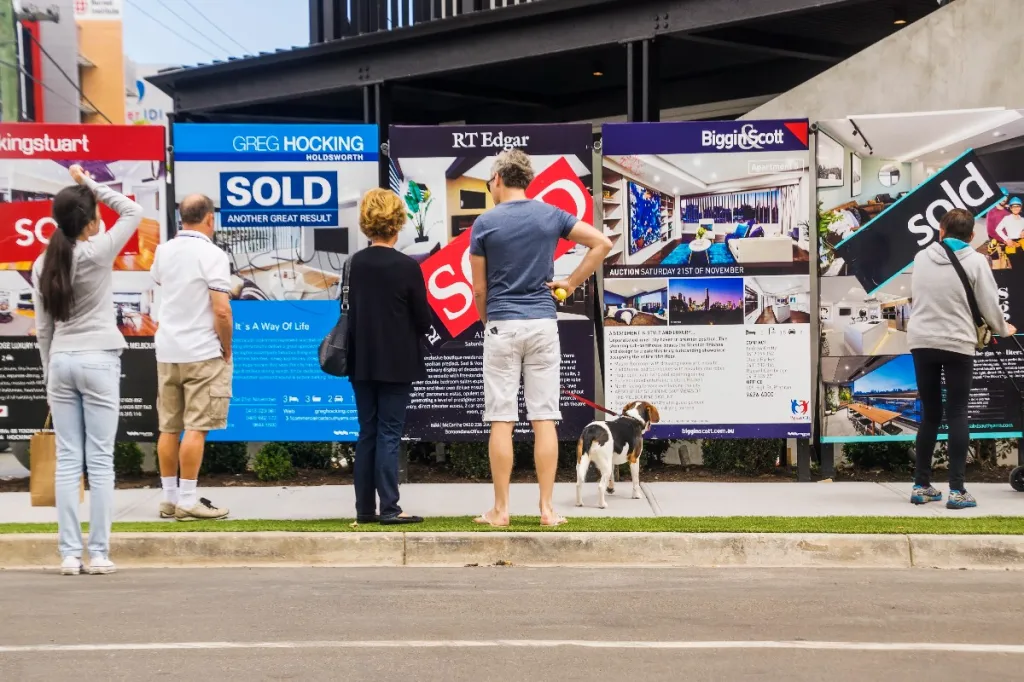
The most severe consequence of the housing crisis and what can be done
Australia is in the grips of a housing crisis with rents across the nation soaring and many who have purchased their own property feeling the pinch when it comes to mortgage repayments. Home ownership, once seen as achievable and the Australian dream, is simply beyond reach for many. Thirty-seven per cent of South Australians, who…